About us
The University of Manchester is a centre of teaching excellence, world-class research, outstanding student experience, and social responsibility. Part of the prestigious Russell Group of universities, it’s institutions like ours that have the greatest responsibility to act as the world faces big challenges. Together, we face this head on.
Founded in 1824 for the advancement of education, we’ve since been home to 25 Nobel Prize winners and worked across disciplinary and geographic boundaries to give the world new ideas, discoveries and innovations.
Inspired by and connected with our city – the birthplace of the Industrial Revolution, home to an iconic arts, music and culture scene, and now the driving force of the Northern Powerhouse scheme – Manchester remains at the heart of everything we do.
We’ve been making an impact since day one; from creating the world’s first nuclear reaction, to building the modern computer, isolating graphene, pioneering development economics, and transforming cancer diagnosis and treatment across the world. And it doesn’t stop there – our teaching and learning approach creates life-changing student experiences, inspires lifelong learning and shapes exceptional graduate outcomes for global citizens of the future.
As we enter our third century, we’re not letting anything stand in our way as we continue to tackle the world’s biggest problems with unbreakable resolve.
Our facts and figures
We’re ranked the 6th best university in the UK and 52nd overall in the Academic Ranking of World Universities (2024).
A truly international university, our community includes more than 44,000 students, 12,000 staff, and 550,000 alumni from 190 countries working together to tackle the world’s biggest challenges.
Our commitment to achieving the United Nations’ Sustainable Development Goals is unmatched. That’s why we’re the only university in the world to rank in the top ten for social and environmental impact in every year of the Times Higher Education Impact Rankings.
Our university is a powerhouse of research and discovery; we were ranked fifth for research power – the quality and scale of research and impact – in the UK government’s Research Excellence Framework (REF) 2021.
The institution is the most popular in the UK for undergraduate applications (UCAS 2023 cycle), and it is the second most targeted university by the UK’s leading employers (The Graduate Market, 2024).
Our campus
Explore our green and vibrant campus, including the new Quad development.
Find out more about the history of our campus.
Our story
Our story begins at the height of the Industrial Revolution. The city we call our home was at the epicentre of change as the modern world began to emerge and a new idea of education arose for the first time in history.
Industrial beginnings
Founded in 1824, the Manchester Mechanics’ Institution was formed as part of a national movement for the education of working men. The pressure for technical education increased in the later decades of the century and in 1883 John Henry Reynolds converted the Institute into the Manchester Technical School – successfully creating a programme of classes that served the industrial needs of the Manchester region.
Manchester Mechanics’ Institute
The School went through several name changes in the decades that followed before an agreement was reached in 1905 with the newly independent Victoria University of Manchester for the professors at the now College of Technology to constitute the University’s Faculty of Technology. After World War Two the College was renamed the University of Manchester Institute of Science and Technology (UMIST).
University of Manchester Institute of Science and Technology (UMIST)
Coming together as one
As the Institute grew, so did the Victoria University. The University started its life as Owens College following a legacy left by industrialist John Owens in 1846. By the 1860’s the College had transformed its vision and focused not only on the transmission of knowledge but also its creation. The John Owens building, designed by Alfred Waterhouse, was completed in 1873 before the College became the first constituent part of the Victoria University – England’s first civic university – in 1880. Both pre- and post-World Wars the University went on to expand significantly.
John Owens Building, 1908
These two institutions worked closely together throughout the 20th century, representing research and teaching across science and the humanities, before coming together in 2004 to form the largest single-site university in the UK – The University of Manchester.
Find out more about the University’s rich history.
A history of impact
Throughout our history we’ve been making an impact, both at home and further afield.
A campus like no other
Idyllic spaces and characterful buildings, old and new, make our campus truly unique.
slide 1 of 8
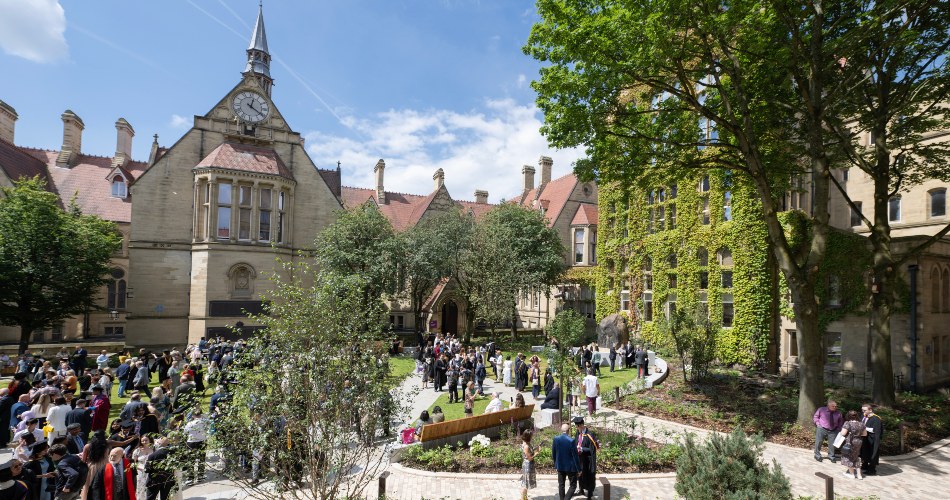
Our campus through time
We trace our history to the Manchester Mechanics’ Institution, founded in 1824, and our journey since has been one of change and innovation. This is certainly true of our campus, which has evolved over time – and will continue to do so into the future.



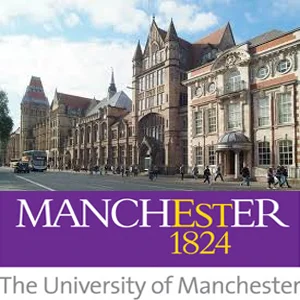
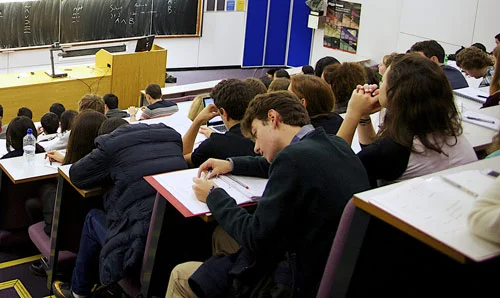
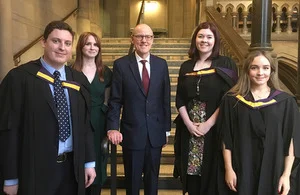


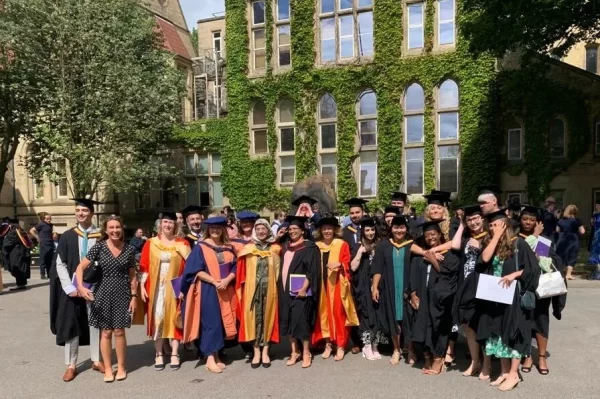
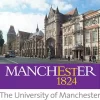




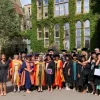
-(1).jpg)